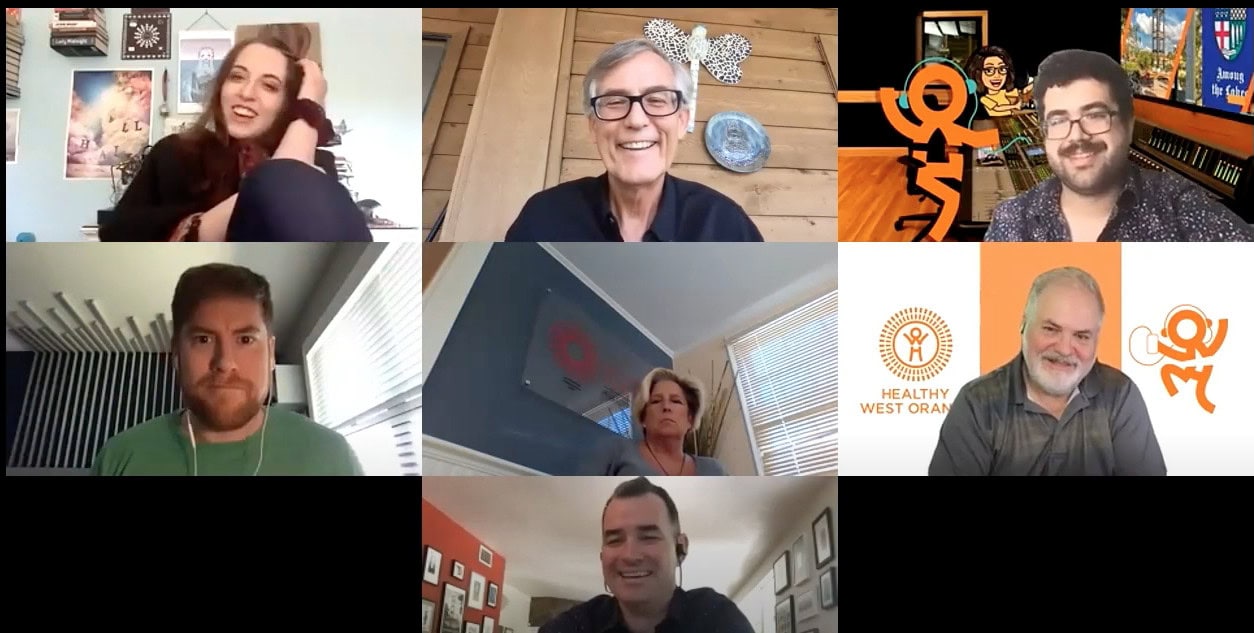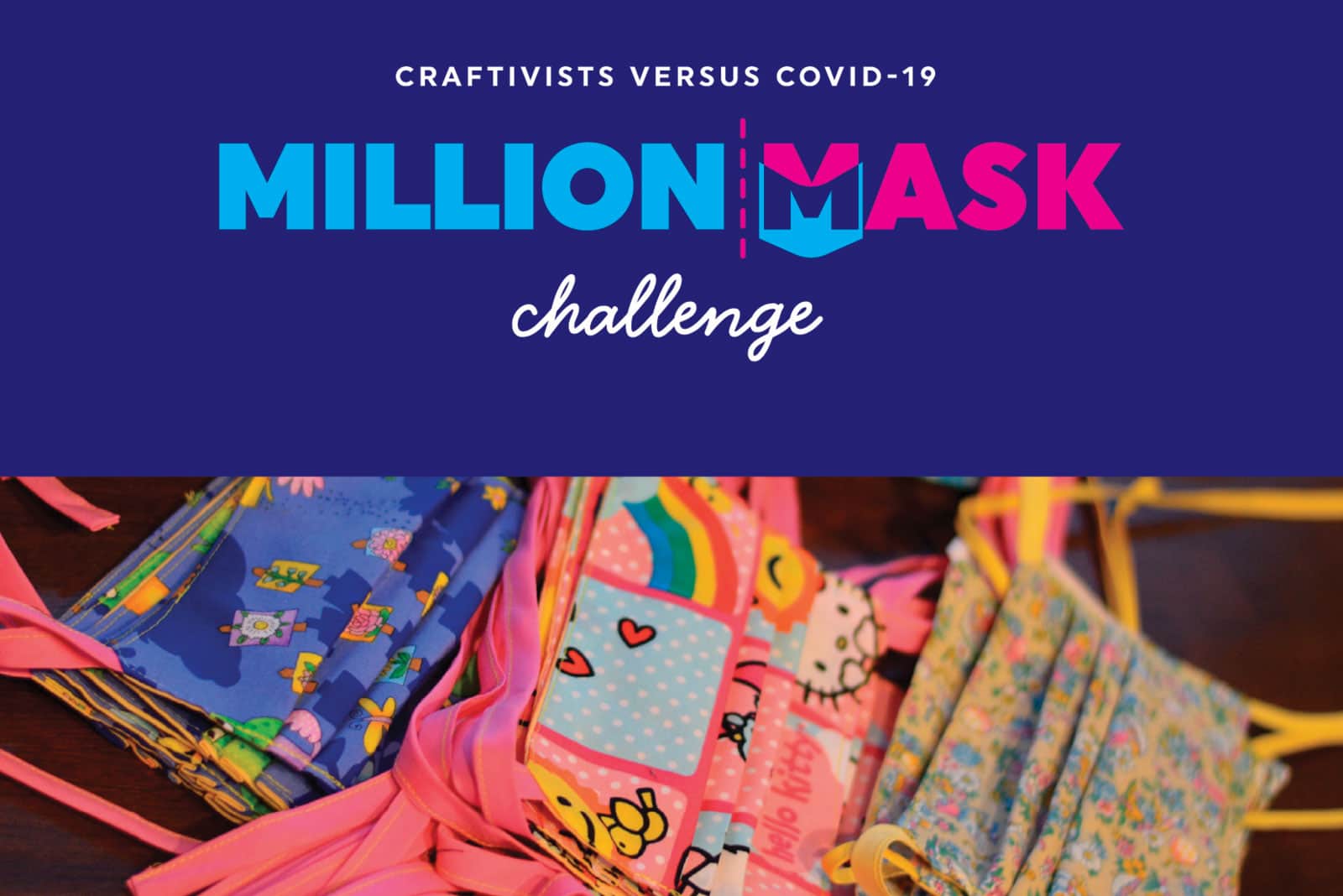Building Social Capital Through Storytelling
By Bob Allen
For a number of years an organization in Winston-Salem called ECHO has grappled with ways to build social capital in its community. In short, social capital refers to the richness of trusting relationships in a community—the premise is that the more these exist, the better a place it is to live and grow. Lots of communities around the country are grappling with how to break down barriers in their communities—ethnic groups living and working in isolation, often distrusting the other. Breaking down these barriers, some of which are more than relational (there’s a highway that runs through the heart of downtown Winston-Salem that is the literal divide between the historic African-American community and the rest of the predominantly white community). In addition, over the past years other ethnic groups have been moving into Winston-Salem, and they too have felt the sting of exclusion from the mainstream of business, commerce, and government. In many ways their voices are rarely heard when important decisions in the community are being made. And n many ways they are invisible to the white community—their only identity being associated with menial labor.
ECHO became convinced that perhaps the best way to tackle this issue was through the age-old art of storytelling. They began with a simple question: could people sharing their stories build bridges of understanding and compassion. It was a bold idea, and looking around for potential models for using storytelling, they became curious about the national StoryCorps initiative in which people come into a recording studio in pairs, share their story, and these stories are these shared out through NPR. How this would build social capital was unclear, but there was a large enough group of volunteers who were energized by this notion that they got seed funding and called their initiative Storyline. With a lot of sweat equity, they converted an old van used by the library to lend books to areas in the community into a decent traveling recording studio. This past April the van started showing up around town, and people showed up to tell their stories. Many of these have been edited down to 3 minutes in length, and a number of radio stations have even agreed to regularly air the stories.
Now that this milestone of regularly producing stories for airing and making them available on their website, the Storyline steering committee realized that as wonderful as many of these stories are, there was still a lot of ground to cover to get them to their goal—demonstrably increasing the social capital in their community. Moreover, they realized that they didn’t have a cohesive story that paints the vision of what they’re going to do to make a serious difference.
To that end, 30 people (including Winston-Salem’s mayor, representatives from a number of stakeholders in area organizations, community activists, business leaders, and many of the volunteers who have nurtured this effort) gathered today for an 8-hour conference to build that story, and imagine what else they could do with storytelling to achieve their goals. The material we generated in this short time frame was astounding.
Our next step is to analyze the breadth of stories that were developed for key themes, look for clear action steps, and build a cohesive story that can inform and clarify their mission and vision. Equally important, they will now have a compelling story they can take to potential funders to enlist their support.
As the project develops, I anticipate that we will be engaged to assist them further to build a scalable approach that can be replicated in communities across the country. For more on Storyline Project visit http://www.storylineproject.org/


